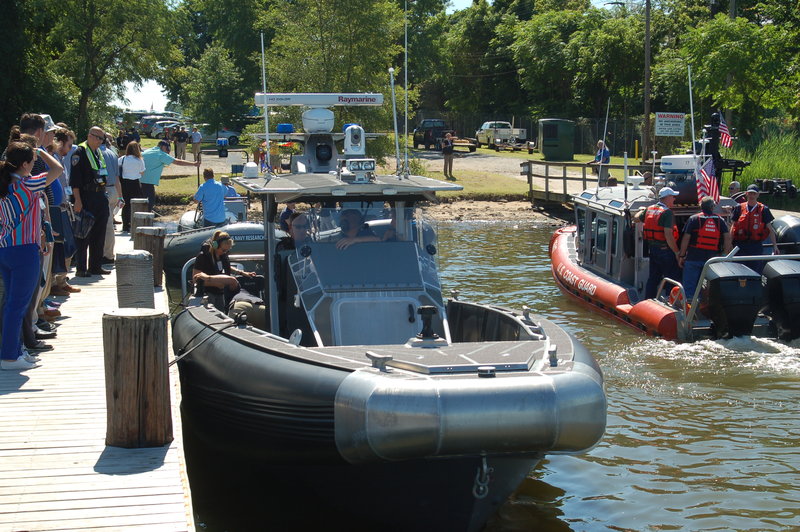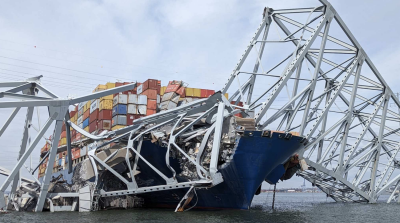We talk a lot about demand for boats. But the workboat industry has a strong demand for something else — qualified and skilled people.
Dale DuPont wrote about the demand for skilled people in several workboat sectors in our September issue . Scores of OSVs are still stacked in the Gulf so workers are looking for employment on the rivers, in ports and on land in places like the West Texas oil patch. Demand is high for engineers and chief mates with unlimited tonnage licenses.
“There are more jobs right now than we have mariners,” said Z. David DeLoach, owner of DeLoach Marine Services LLC, a Port Allen, La.-based tug operator.
“The inland sector is robust. There’s a lot more activity on the river,” said Capt. Patrick Senna, recruiter, Compass Marine Inc., a staffing agency in Theodore, Ala. And inland now pays a little better than offshore.
If the Gulf comes back as strong as it was in 2013, “we’re going to have a hard time meeting the demand,” he said. Now that would be a good problem to have.
In the September issue we also touched on the steady interest and need for small boats, especially from the Coast Guard and Navy. Senior Editor Ken Hocke attended the two-day Multi-Agency Craft Conference (MACC) in July and witnessed the enthusiasm for small craft, many of which were at the conference and available for attendees to ride on in Curtis Bay, Md. Several manufacturers were at the conference showing off boats that ranged from patrol/research vessels to fast interceptors to RIBs.
With these small boats needing to be replaced every five-to-seven years, demand for them should stay strong in the foreseeable future.
Another market that has been undergoing a boom in recent years is ferries. The demand for water transit continues to grow, with ferry expansions in New York and San Francisco serving as high-profile examples. Industry observers say ferry ridership is consistently growing across the board in New York and other metropolitan markets, driven by a growing economy, rising housing costs, and public transit and highways that are at their capacity limits.





